Hydrated Lime Size
Hydrated Lime Market Growth Projections and Opportunities
The hydrated lime market is influenced by several key factors that shape its dynamics and drive its growth. One significant factor is the increasing demand for hydrated lime across various industries, including construction, water treatment, agriculture, chemical manufacturing, and environmental remediation. Hydrated lime, also known as calcium hydroxide, is valued for its versatility and effectiveness in diverse applications such as soil stabilization, pH adjustment, waste treatment, and industrial processes. The growing need for infrastructure development, water purification, and environmental protection drives the demand for hydrated lime, fueling market growth.
Moreover, technological advancements and innovations in hydrated lime production processes contribute to market expansion. Manufacturers continuously invest in research and development to enhance production efficiency, product quality, and environmental sustainability. Innovations in manufacturing techniques, raw material utilization, and waste management enable the production of high-purity hydrated lime products that meet stringent quality standards and regulatory requirements. Additionally, advancements in packaging, logistics, and distribution optimize the supply chain, ensuring timely delivery and customer satisfaction.
Another market factor is the availability of abundant raw materials for hydrated lime production. Limestone, the primary raw material for hydrated lime manufacturing, is widely available in many regions globally. This availability ensures a stable supply chain for hydrated lime producers, reducing dependency on imports and minimizing production costs. Additionally, advancements in mining technologies and quarrying practices further optimize the sourcing and extraction of raw materials, enhancing the competitiveness of the hydrated lime market.
Furthermore, the regulatory environment and industry standards influence the hydrated lime market, particularly concerning environmental regulations, safety standards, and product certifications. Compliance with environmental regulations related to emissions, waste disposal, and occupational health and safety is essential for hydrated lime manufacturers to maintain their operations and market access. Adherence to international quality standards and certifications ensures product reliability, performance, and safety, enhancing market competitiveness and customer trust in hydrated lime products.
Market competition is also a significant factor shaping the hydrated lime market. Key players in the industry engage in competitive strategies such as product differentiation, pricing tactics, brand positioning, and geographical expansion to gain a competitive edge and capture market share. Established hydrated lime manufacturers leverage their technical expertise, production capabilities, and distribution networks to maintain leadership positions, while emerging players focus on innovation, customer service, and niche markets to establish their presence.
Moreover, global economic factors influence the hydrated lime market, including economic growth rates, construction activity, infrastructure investment, and agricultural output. Economic downturns can lead to reduced demand for hydrated lime products, particularly in construction and industrial sectors, affecting market growth. Conversely, economic recovery, increased construction projects, and infrastructure spending stimulate demand for hydrated lime, driving market expansion.
Consumer preferences and industry trends also impact the hydrated lime market, including the growing focus on sustainability, environmental stewardship, and resource conservation. As environmental concerns and regulatory pressures increase, there is a growing demand for eco-friendly materials and sustainable solutions in various industries. Hydrated lime manufacturers respond to these trends by adopting environmentally friendly production practices, reducing carbon emissions, and promoting recycling and waste minimization initiatives to meet customer expectations and regulatory requirements.
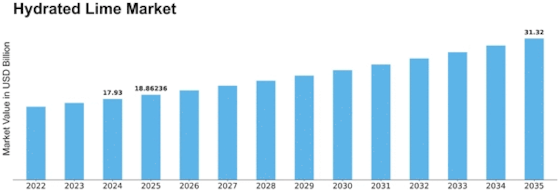


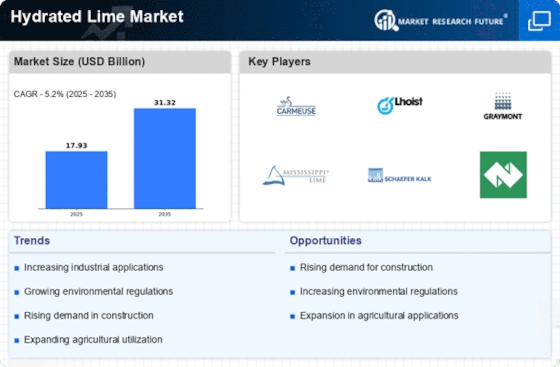
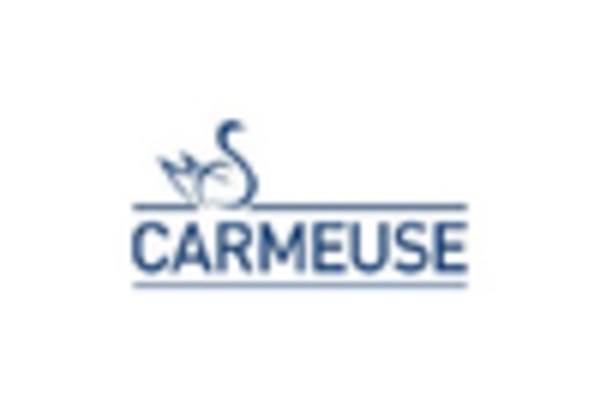
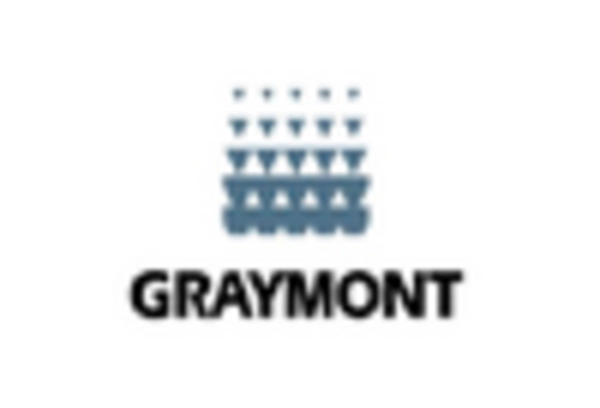
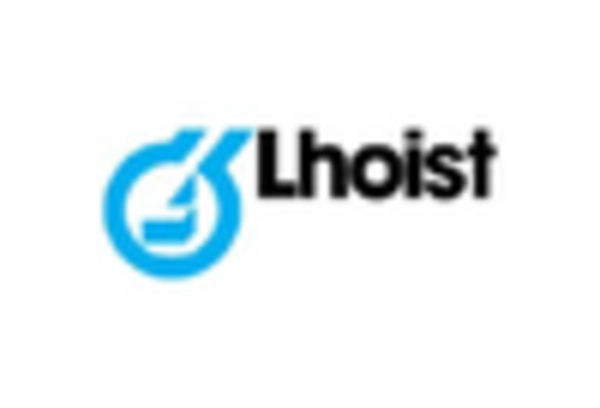
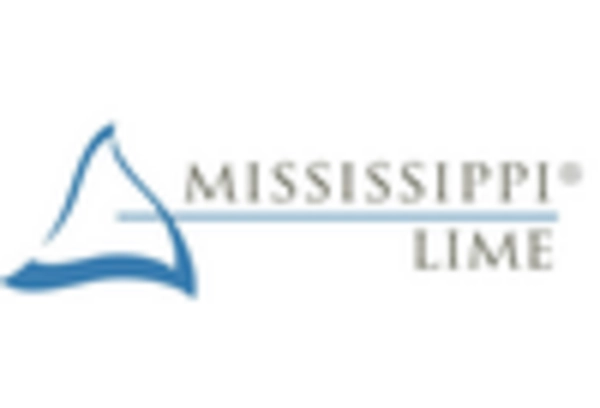
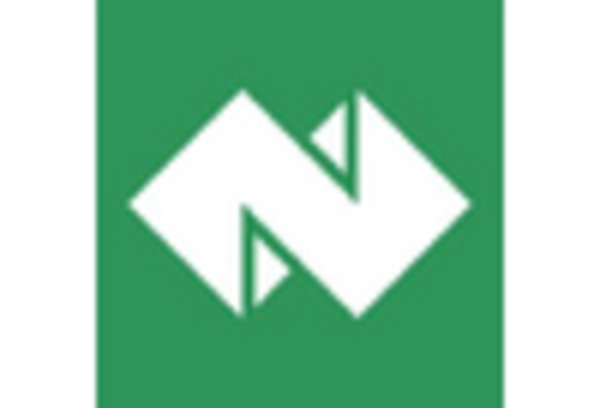
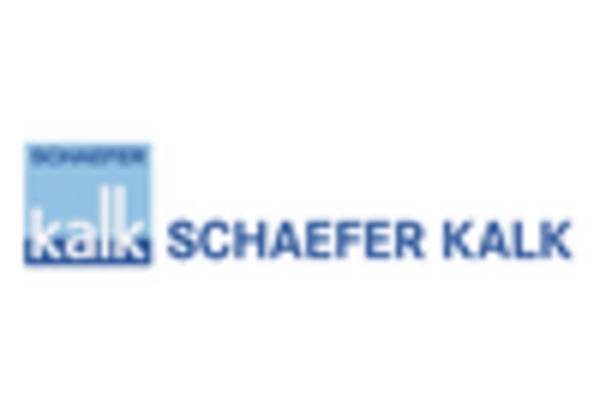









Leave a Comment